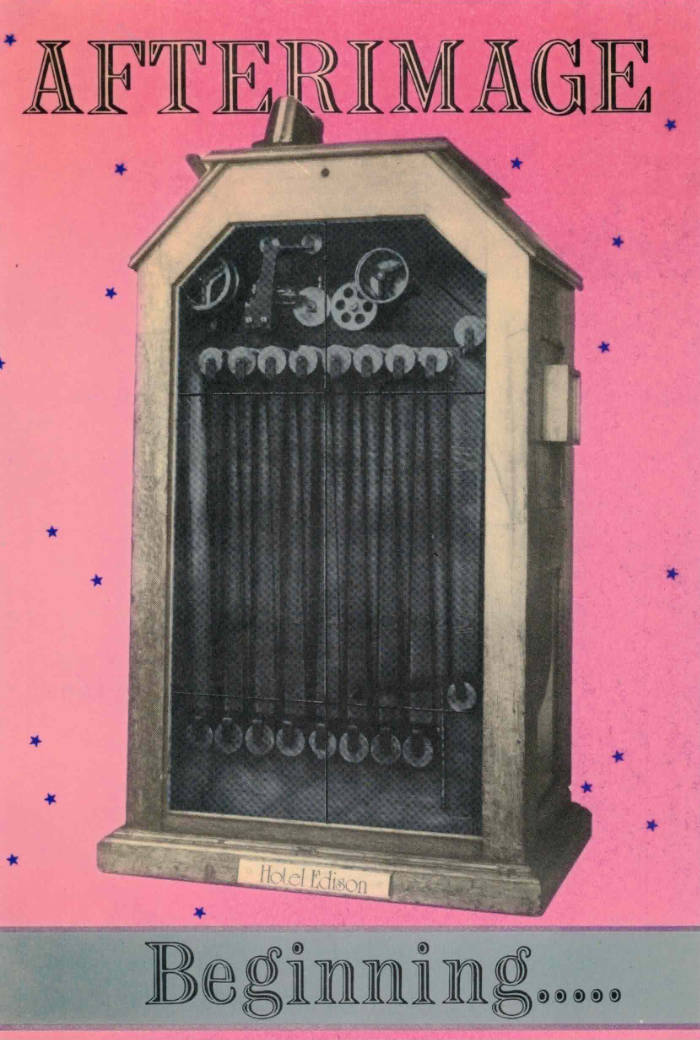
Evidentiary Bodies
Bringing together both known and previously unseen works of film and video, installations, works on paper, and material from her archive, this volume addresses critical themes that appear throughout Hammer's work, including sensation and intimacy, lesbian representation, and the maintenance of illness, in addition to exploring the artist's relationship to experimental queer cinema, feminist history, and environmental activism. Featuring a wide range of responses, from personal anecdotes to academic analysis and poetic interpretation, this volume highlights the resonating impact of Hammer's artistic narrative across cinema studies, art history, queer theory, and feminist thought.
Language: English




